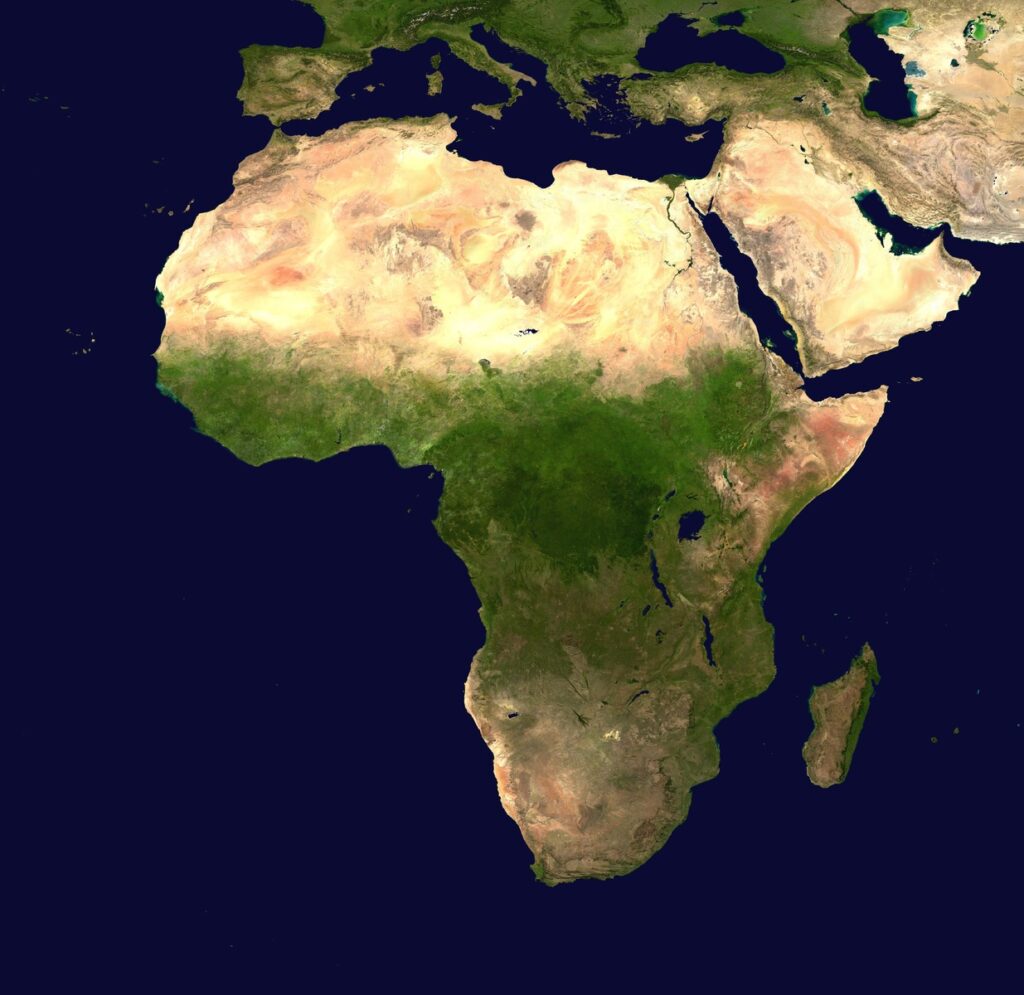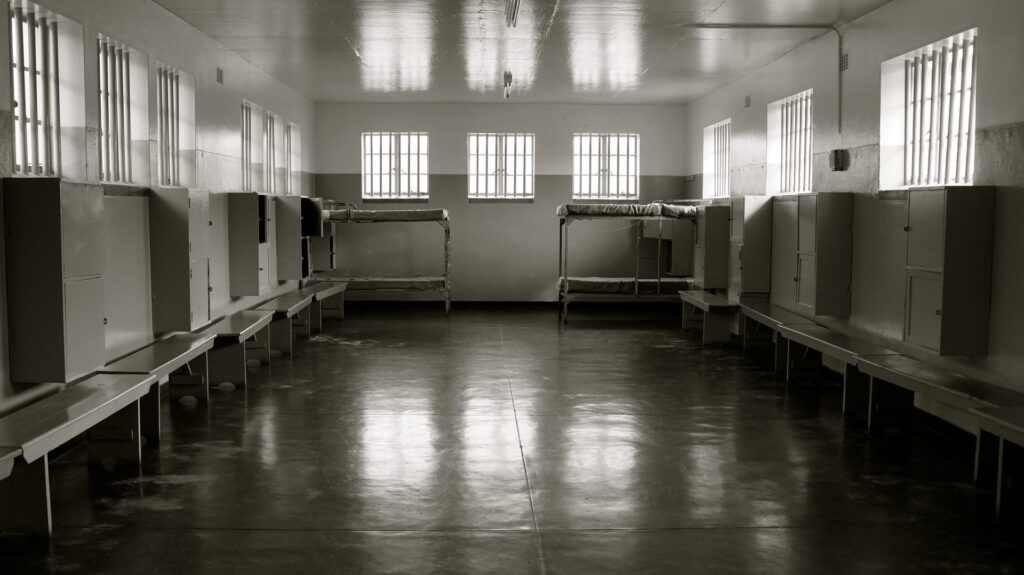Is there a relationship between culture and corruption in Nigeria? Religion, culture, and political corruption in Nigeria

ABSTRACT The relationship between culture and corruption in Nigeria, a developing country, examines the impact of religion, traditional practices, and political corruption in Nigeria. There has been a huge struggle with political corruption thereby impacting the development and economic stability of Nigeria. Despite the country’s richness in natural resources, human capital, corruption has plunged further […]
Are current African conflicts a failure of Diplomacy? An analysis of Diplomatic Engagements on African Conflicts

ABSTRACT Diplomacy is used to resolve conflicts through peaceful means. In cases of war, it shows at times that diplomacy has failed. Through diplomacy alliances are built and help avoid future conflicts. This paper study undertakes to investigate the successes and failures of diplomatic efforts on African conflicts. What has worked and what has not […]
Living in a Dangerous World: How Global Governance Must Combat Global Terrorism

ABSTRACT This article focuses on how global or international governance can combat terrorism. It assumes that terrorism is not random, undirected, and purposeless violence. Terrorists and those who support them have definitive goals, and terrorist violence is the means of achieving them. Also, due to globalization, today’s threats see no boundaries and need to be […]
Responding to Climate Change Using Artificial Intelligence and Machine Learning: The Need for Legal and Regulatory Guardrails

ABSTRACT This article shows that artificial intelligence (AI), and machine learning (ML) provide useful tools for responding to the effects of climate change. The United Nations is making use of these technologies in a variety of ways. Matters discussed in the article show how these technologies can be used to develop programs to respond to […]
TUBERCULOSIS SCREENING ON ADMISSION TO SIERRA LEONE’S CORRECTIONAL FACILITIES: A SWOC ANALYSIS

ABSTRACT Background & Objectives Sierra Leone suffers from a high TB burden and is among the poorest countries worldwide. Anticipating the fulfillment of the 2030’s TB control target, the Sierra Leonean government decided to active case-finding promotion in their correctional system (SLCS), together with providing quality TB care and prevention services provision. However, funding for […]
UNDERSTANDING THE INFLUENCE OF CULTURAL NORMS ON DIAGNOSIS AND TREATMENT: THE CRUCIAL ROLE OF ETHNOGRAPHIC RESEARCH IN BIOPHARMACEUTICAL DEVELOPMENT

ABSTRACT Biopharmaceutical development plays a critical role in global health, focusing on the discovery, development, and production of innovative drugs and therapies. This contribution is multifaceted, encompassing disease prevention, treatment provision, global access to medicines, fostering innovation, and supporting economic growth. However, there is a growing recognition of the need to consider cultural norms in […]
STRENGTHENING PRIMARY HEALTH CARE THROUGH PRIMARY CARE AND PUBLIC HEALTH INTEGRATION IN THE SOUTHERN REGION (SNNP) OF ETHIOPIA: NATIONAL AND INTERNATIONAL IMPLICATIONS

ABSTRACT Ethiopia’s healthcare system strives to make numerous efforts to improve the primary healthcare system. The fragmentation of the public health and healthcare systems, challenges in accessing comprehensive care, and repeated epidemics are becoming increasingly complicated. The study aimed to examine the integration of essential public health functions in the primary care provided in the […]
RESOLVING THE GAMBIA POLITICAL IMPASSE OF 2016 – THE ROLE OF STATES AND NON-STATE ACTORS

ABSTRACT The paper explored the role of states and non-state actor in resolving the political impasse after the fall of the the 22 years dictatorial regime of Yahya Jammeh as a result of the 2016 presidential elections. The election of a new government led by Adama Barrow in December 2016 was the first democratic transition […]
THE QUEST OF HYDROCARBON RESOURCES AS A CATALYST OF INTERNATIONAL CONFLICTS: AN EPIC LESSON FROM THE BAKASSI QUESTION

ABSTRACT Although recent research has increasingly questioned the link between natural resources and international conflict, the quest for hydrocarbons is peculiarly significant in igniting conflicts. Since a conflict-ridden oil producer is highly dependent on such resources, its revenue is hardly spent on distributional policies and the security apparatus – with less impact on the producing […]
THE PSYCHOPATHOLOGICAL IMPACT OF COVID-19 ON PUBLIC HEALTHCARE WORKERS IN TRINIDAD AND TOBAGO: A MIXED METHODS APPROACH

ABSTRACT Globally, the physical, social, and economic ramifications of the COVID-19 pandemic are overt and palpable. For healthcare workers (HCWs) and health systems, psychological corollaries may pose a more insidious threat. The approximately 9500 HCWs in the Trinidad and Tobago ( T&T) public heath sector were tasked with the job of flattening the epidemic curve. […]
